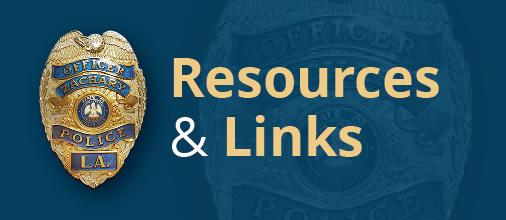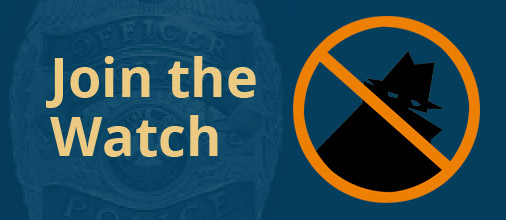School Resource Officers
SRO's have a diverse role in the school community and have many duties and responsibilities.
A School Resource Officer is defined as a sworn officer assigned to a school on a long-term basis trained to perform three major roles: law enforcement officer, law-related counselor and law-related educator. In addition, the officer works in collaboration with the school and the community as a resource for safety and security issues.
As a law enforcement officer, the school becomes the officer's beat. The SRO assists the school administration in maintaining a safe and secure environment. School administrators benefit from the SROs training, knowledge and experience is handling situations involving possible weapons violations or in the identification of controlled dangerous substances. The SRO provides a highly visible presence to deter or identify trespassers on campus. In addition, SROs provide a service to the surrounding community by addressing concerns such as loitering, speeding or loud car radios. The students when going to or from school often generate these types of community complaints.
SROs are responsible for investigating violations of criminal law and when appropriate make arrests. An SROs sworn duty to enforce the law does not contradict the need for the SRO to be positive role model -- it in fact supports it. It is essential for a SRO to endorse high moral standards and use good judgment and discretion. Through this, students learn and understand what a professional police officer does.
It is important to note that SROs are not school disciplinarians. SROs should not be involved in investigating school rule violations: For example, a student cheating on a test. Violations of school rules are the responsibility of the principal and faculty. If a violation of a school rule is also a criminal offense the SRO may conduct a concurrent investigation and take the appropriate action under the policies and procedures set forth by their police agency.






